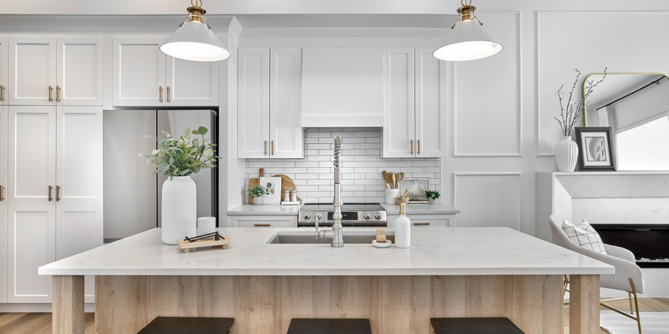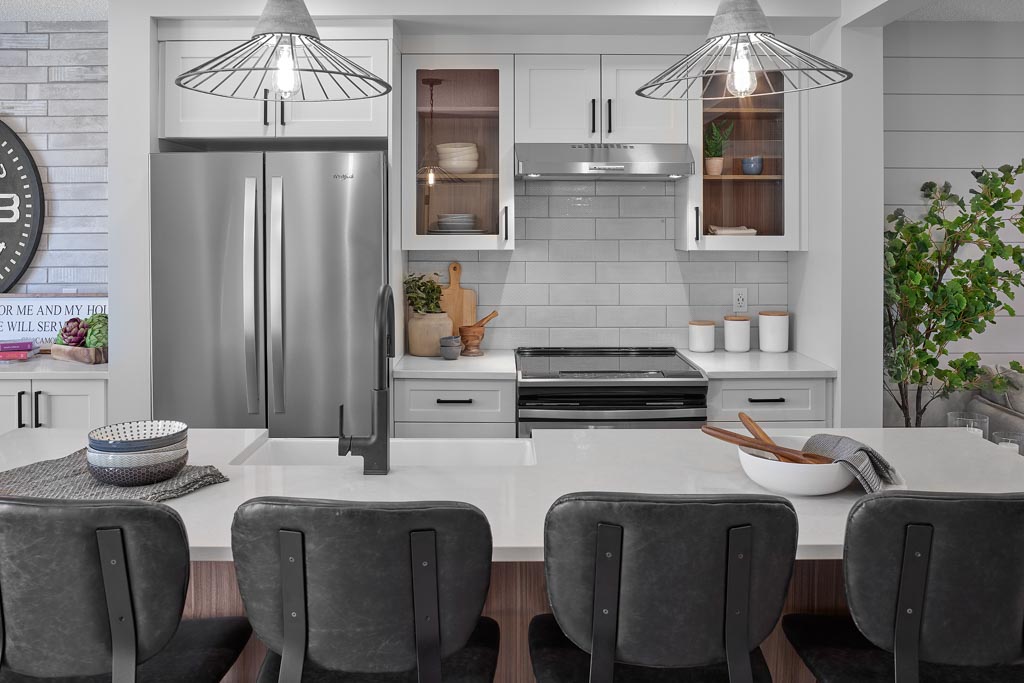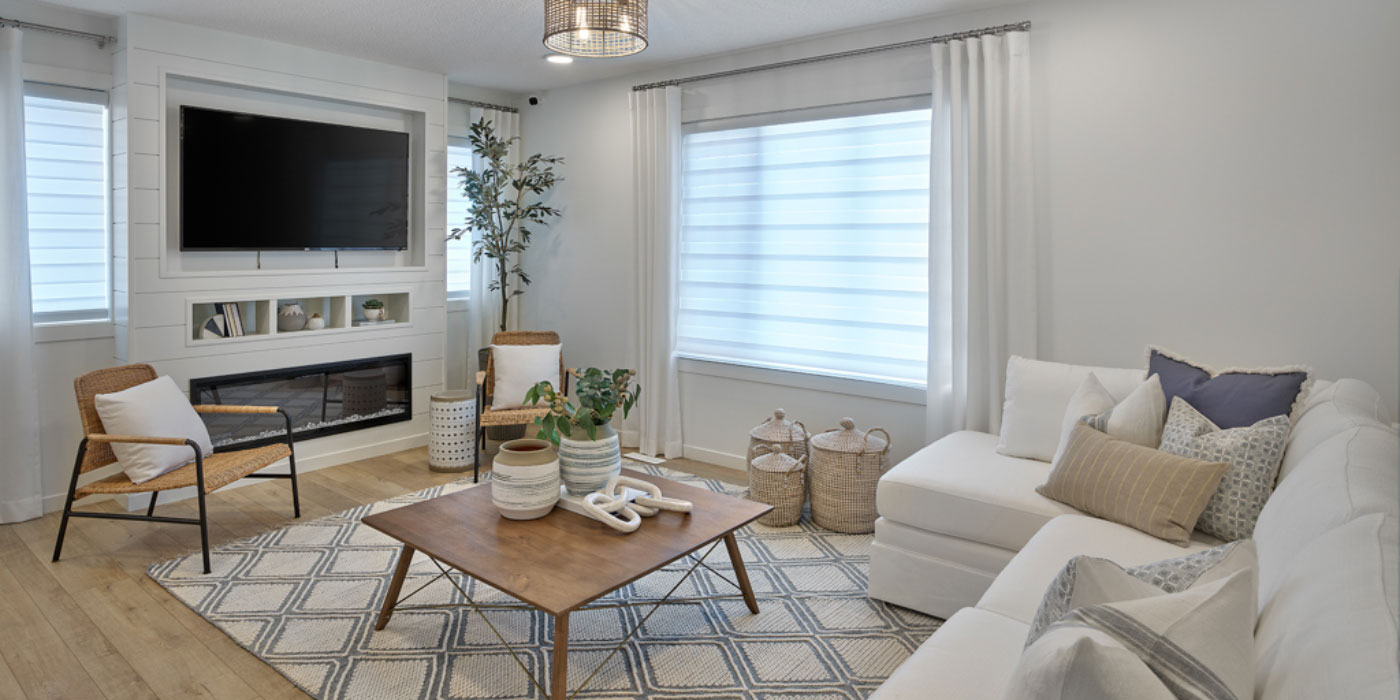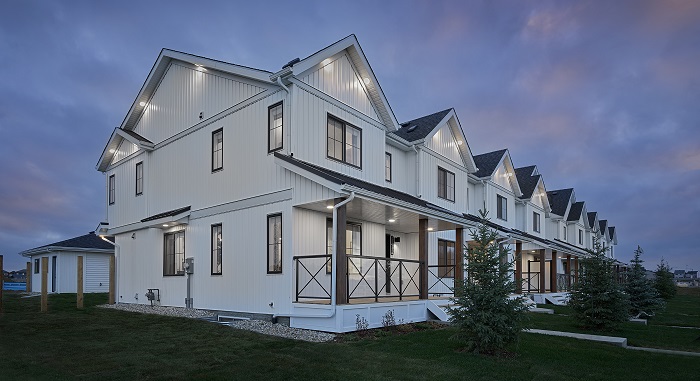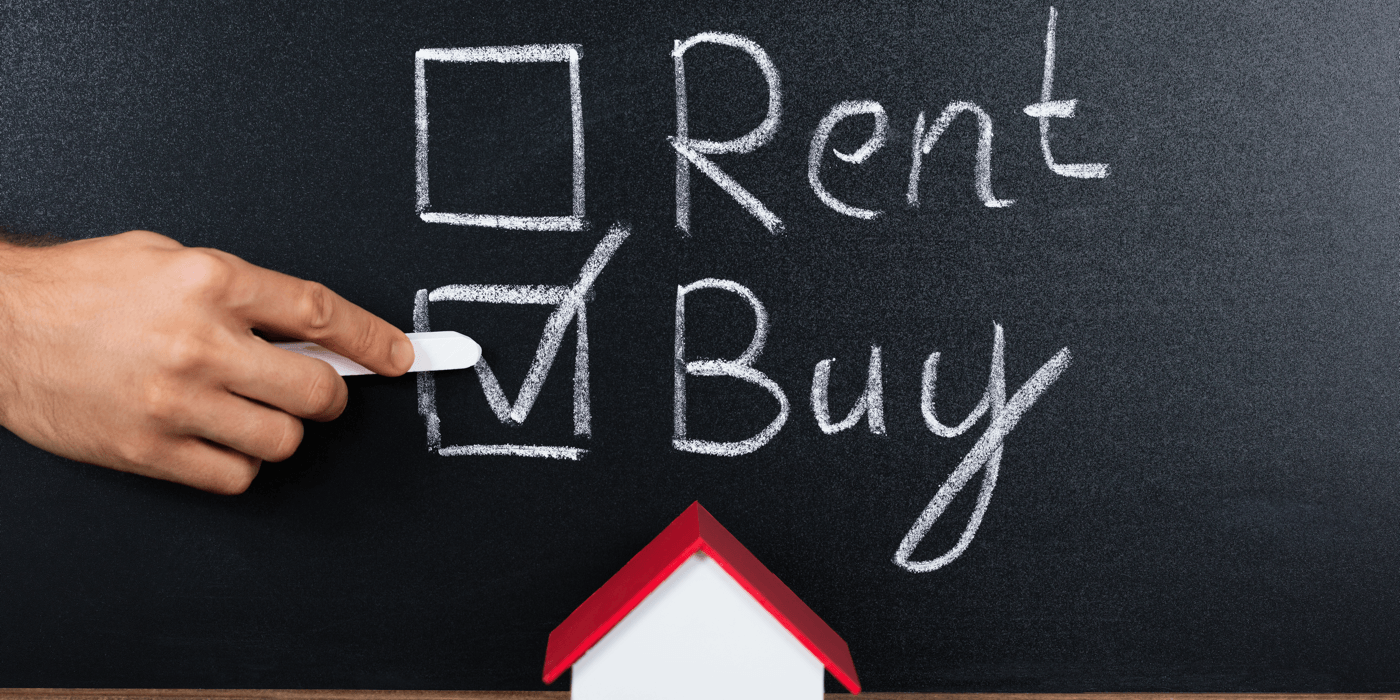
Going from Renting to Owning: 7 Things to Prepare For
offers a ton of advantages over renting an apartment. That being said, having a new space that’s entirely yours will require a little extra accountability – accountability you don’t often have as a renter.
Here are a few things you’ll want to keep in mind while you’re on the hunt for a snazzy new place to call your own.
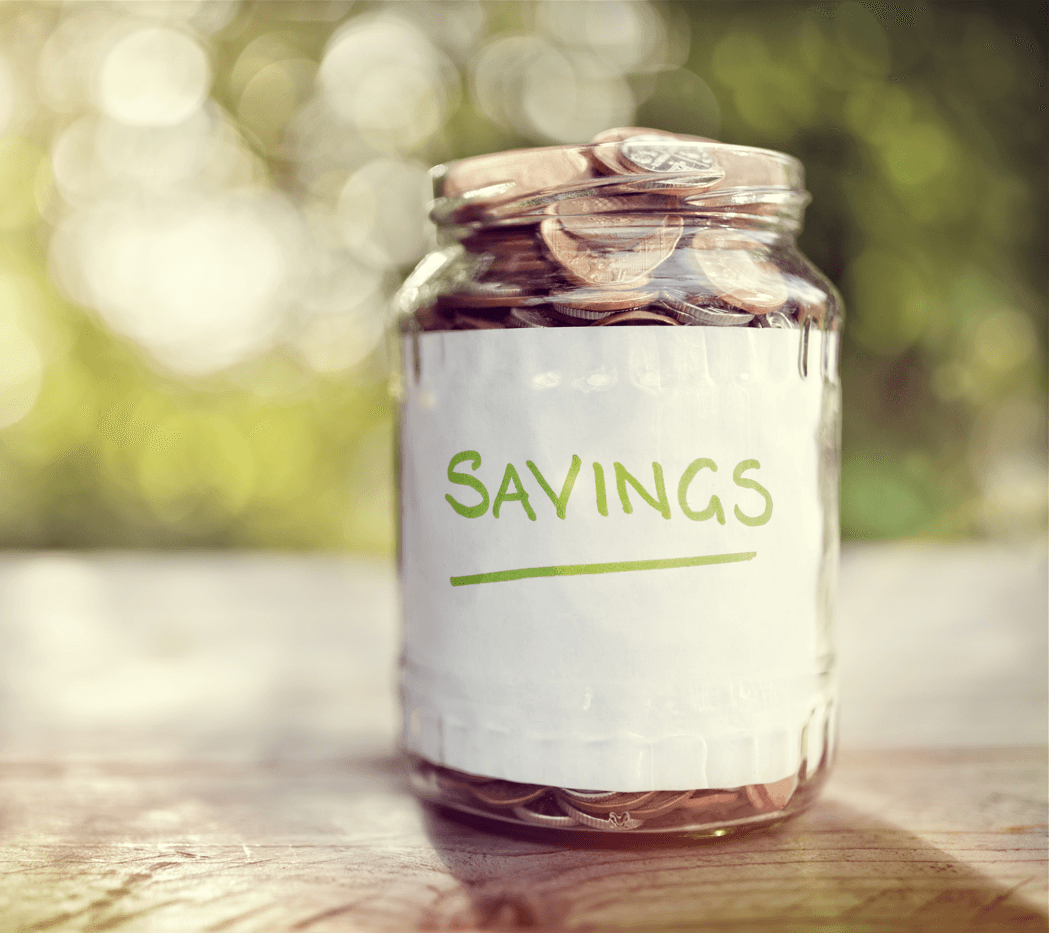
1. Closing Costs
You know the challenge of saving up for your down payment, but you can’t forget about paying the closing costs. These are due the final day you sign all of the papers and get your keys.
Closing costs can include your portion of property taxes and homeowner’s insurance, lawyer fees, a condominium estoppel certificate, and title insurance, among other costs. It often depends on the price of the home, but most fees are quite affordable if you’re prepared for them.
2. Extra Monthly Costs
Owning a home often means incurring extra expenses you didn’t have to pay as a renter. For instance, the monthly mortgage payment will also include payment for taxes and insurance. Some apartments include utilities in the rent. Depending on your particular unit, owning a new home means you may need to pay gas, electricity, internet/phone and water. Even if you’ve been paying these costs already, they could increase with the additional space you have in your home.
Conversely, lawn, snow and landscaping costs will all be covered by your monthly condo fees – meaning you’ll never have to worry about purchasing a lawn mower, snow shovels or other outdoor maintenance gear.
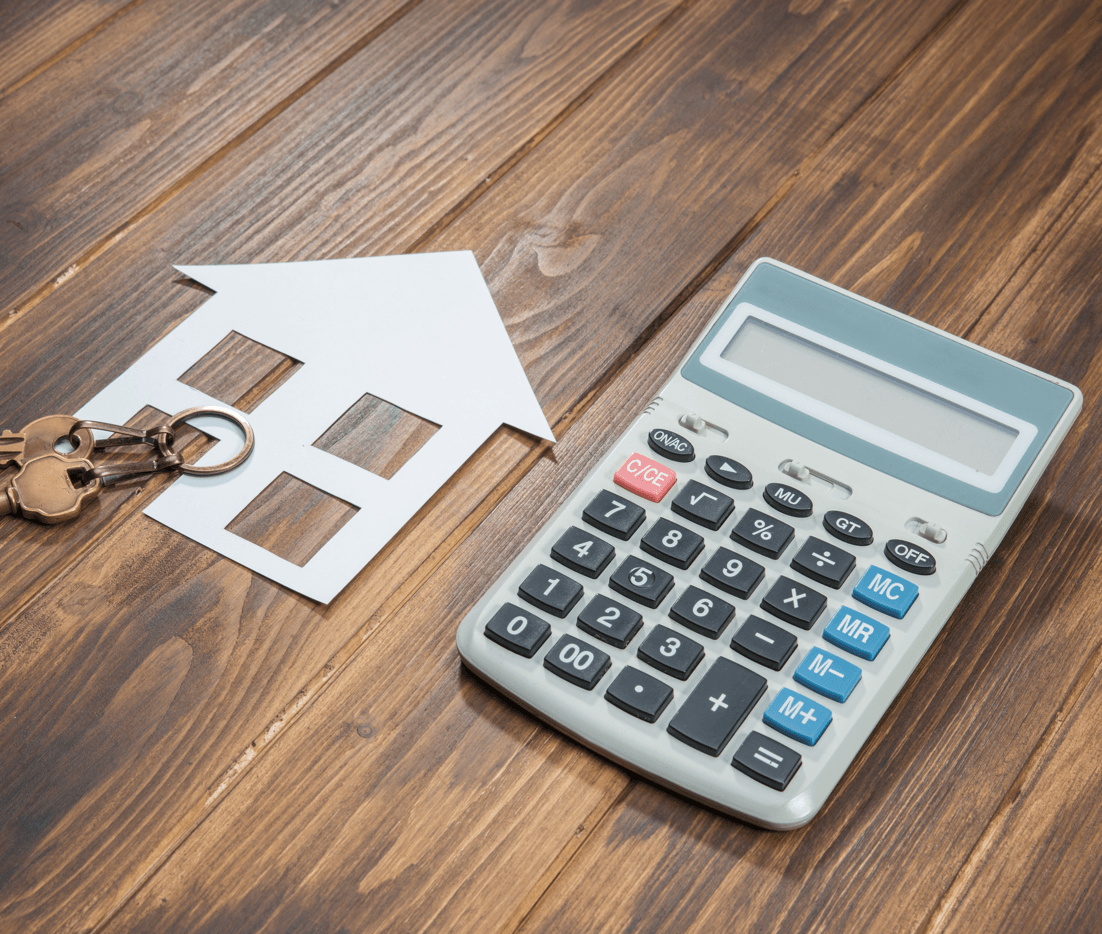
3. New Purchases
People who’ve bought their first condo may find they need a lot of new things. Even if you’ve been living on your own for a while, it’s tempting to want to get new furniture to go with the new place. All of these purchases can really add up if you’re not prepared, so you may want to consider setting some additional funds aside for new furnishings, décor etc.
4. Handling Repairs
When something breaks in an apartment, you simply need to call the landlord to fix the item, whereas in a new condo, you may need to handle this on your own. You might be able to fix some things by yourself, but many projects require professionals. It’s smart to start a list of possible electricians, plumbers, and general handymen when you get your own place. Those moving into a brand-new place don’t have to worry about this as much, but not everything is covered by warranty.
5. Staying Friendly with the Neighbours
You’ll also want to build strong relationships with your neighbours. Introduce yourself when you move in and be courteous when it comes to noise and other disturbances. You don’t necessarily have to hang out with them every weekend – unless that’s something you like – but good neighbours watch out for each other. This is yet another huge perk in condo living, so be sure to establish a good relationship.
6. Learn About Tax Impacts
Talk to a tax professional about any down payment resources you might enjoy as a homeowner. For instance, some people use the Home Buyer’s Plan to borrow money from their RRSP’s as a down payment. First-time buyers might qualify for additional tax credits as well.
7. Managing Extra Money
Of course, you’ve bought a home that fits well in your budget, so you don’t have to worry about making ends meet. However, you do have some choices about what to do with any extra funds you have. First, be sure to build up a solid emergency fund.
You could also be making contributions to a retirement fund, or extra payments toward your mortgage principal. This is a great way to shorten the term of the loan and pay less interest overall, but you have to make sure you have a mortgage that allows these extra payments. Ask the bank if you’re not sure.
If you’ve made it through this list, you’re probably ready to buy your first home. Take a tour of our communities and stop by our show suites to get a taste of what life in a brand-new condo could look like.



